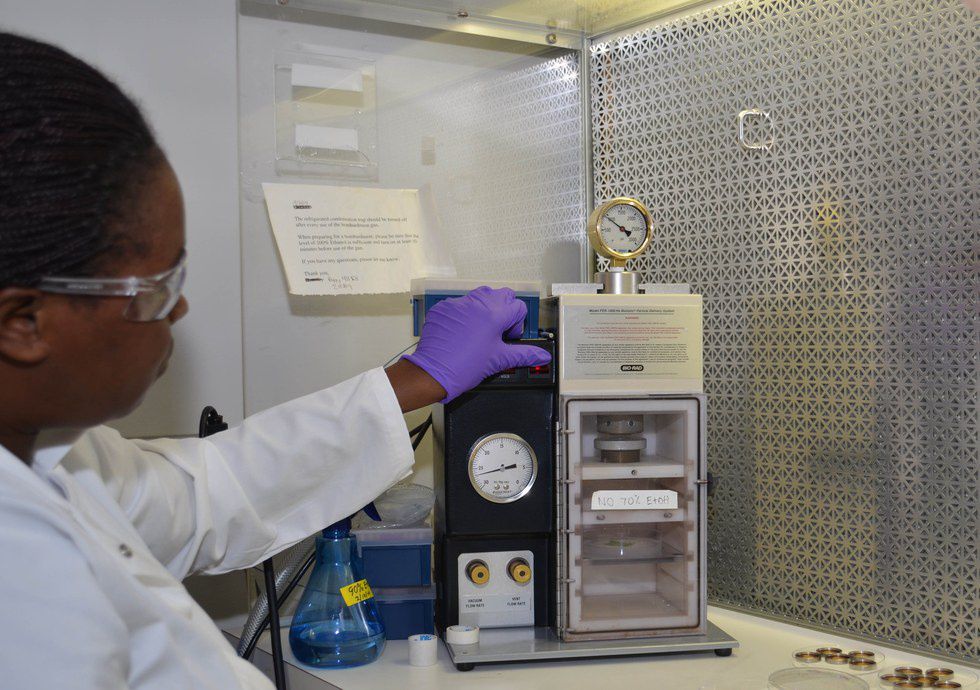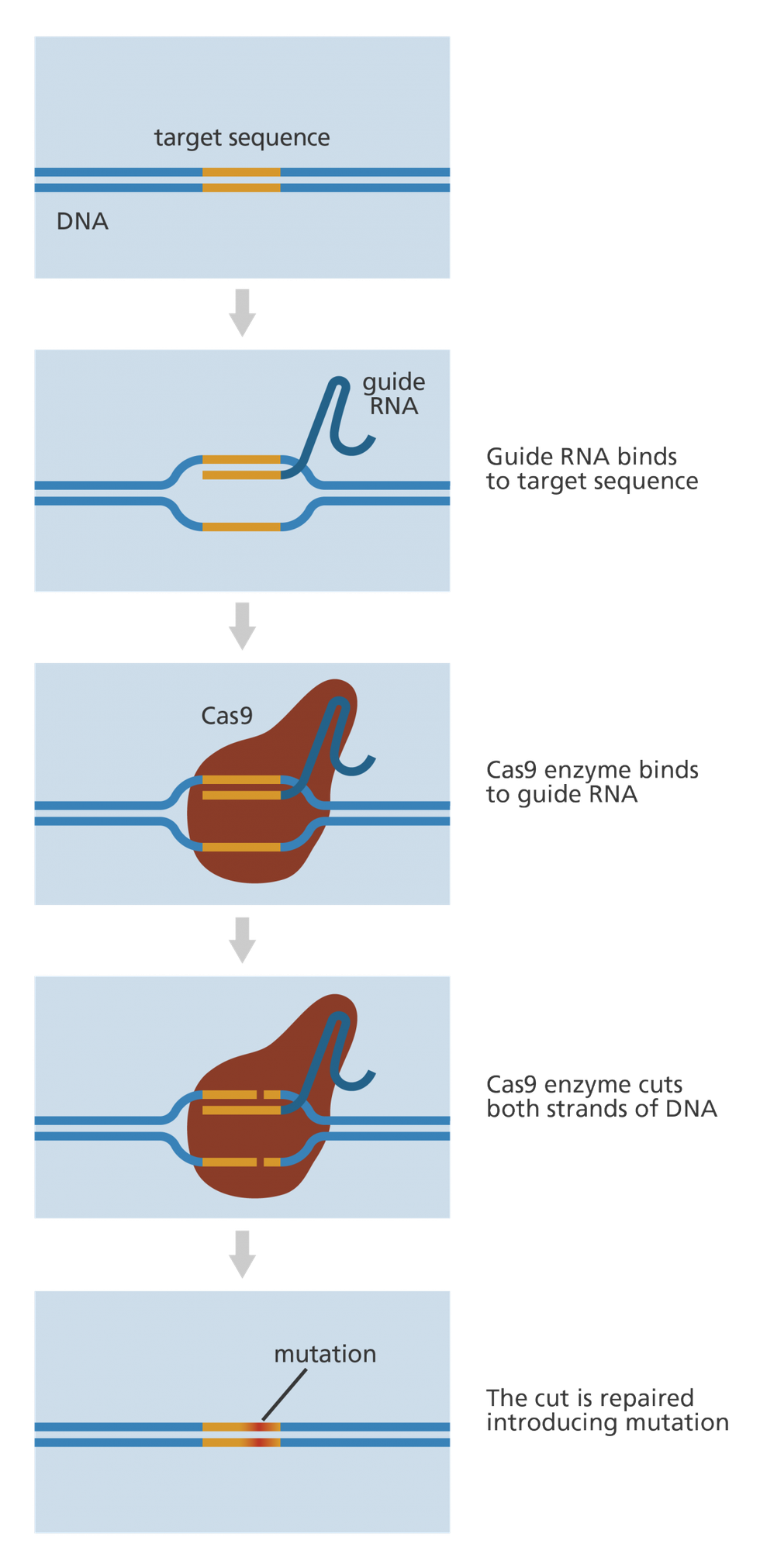When it comes to fighting disease, genetic modification may be the most promising technology humans have ever developed. Many people are unaware of all of the ways scientists can utilize this amazing technology, and others have been downright misinformed about it. The vast majority of the scientific community supports genetic modification, but the majority of the general public seem to be afraid of it. It's hard to blame them; Monsanto and similar corporations have been dragging genetic modification's name through the dirt since its inception, causing many to fear the very technology that may one day save their life.
The History Of Genetic Modification
It would be nearly impossible to pinpoint the first case of genetic modification. This is due to the fact that it occurs in nature with no human interference, typically through some type of virus or pathogen. In 2010, researchers at Lund University discovered that a gene for the enzyme PGIC had been transferred horizontally, from one species of plant to another, completely naturally. This was the first discovered case of horizontal gene transfer happening naturally, but it is now known to happen all the time.
Artificial selection is looked at, by many, as the beginning of human induced genetic modification. Evidence suggests that the dog may have been the first organism that humans began shaping through artificial selection around 30,000 BCE (Around 32,000 years ago). Agriculture was first invented around 12,000 years ago, and since then farmers have been picking and choosing the crops and livestock that they allow to breed based on a number of reasons. Whether it be disease resistance, size, flavor, yield, or another feature entirely, agriculture has indeed steered plant and animal genetics down a path it wouldn't have otherwise taken; and it has been doing so for thousands of years now.
The era of modern genetic modification truly took off in 1973 when Herbert Boyer and Stanley Cohen engineered the first GMO (Genetically Modified Organism). This was done by cutting a DNA plasmid within a bacterium, and then introducing a gene for a specific antibiotic resistance. One year later Rudolf Jaenisch created the first transgenic animals by introducing a virus into mouse embryos. Initially, genetic modification was achieved with the help of viruses, but in the 1980s scientists began to learn how to introduce isolated chloroplasts back into a plant cell that had its cell wall removed, and by 1987 the "gene gun" had officially come to be. The gene gun fired microscopic bits of tungsten or gold, that had been coated with a specific gene, at the plant's genome. When the procedure was successful the plants would begin to express the gene and even pass it on to subsequent plants.
Flash Forward To CRISPR
Another thing scientists began to notice in the 1980s was a naturally occurring ancient defense mechanism, present in a wide range of bacteria. It seemed that in some bacterial genomes, one DNA sequence would be repeated many times, but with unique variations in between the repeats. As it turned out, the unique DNA sequences that were discovered between the repeats matched certain viruses that preyed on bacteria, and their genomes had "remembered" these viruses. The unique coding was all part of the bacteria's immune system, and was used to help it identify potential threats. These defense mechanisms became known as “clustered regularly interspaced short palindromic repeats,” or CRISPR.
CRISPR is just one element of the defense mechanism, another equally important feature is known as CAS or "CRISPR associated Proteins," which can precisely snip DNA based on information fed to it by CRISPR. Combined, these two features have allowed scientists to edit genes more easily than ever before. All scientists have to do to use the system is insert a CAS9 molecule (taken from the bacteria that causes strep throat), and a guide RNA of their own programming, which can be created using an online tool, into a plant or animal cell and CRISPR does the rest.
Since its discovery, CRISPR has already been used to stop muscular dystrophy in mice, eradicate and prevent further HIV infection in at least one case, and on June 21st of this year scientists at the University of Pennsylvania began human trials on a CRISPR cancer treatment. The team plans on using CRISPR to reprogram the patients immune cells to attack cancer at the first signs of growth. These are just three examples of the amazing medical advancements that CRISPR has paved the way for and there is mounting evidence that it may be used as a potential cure for any genetic disease.























